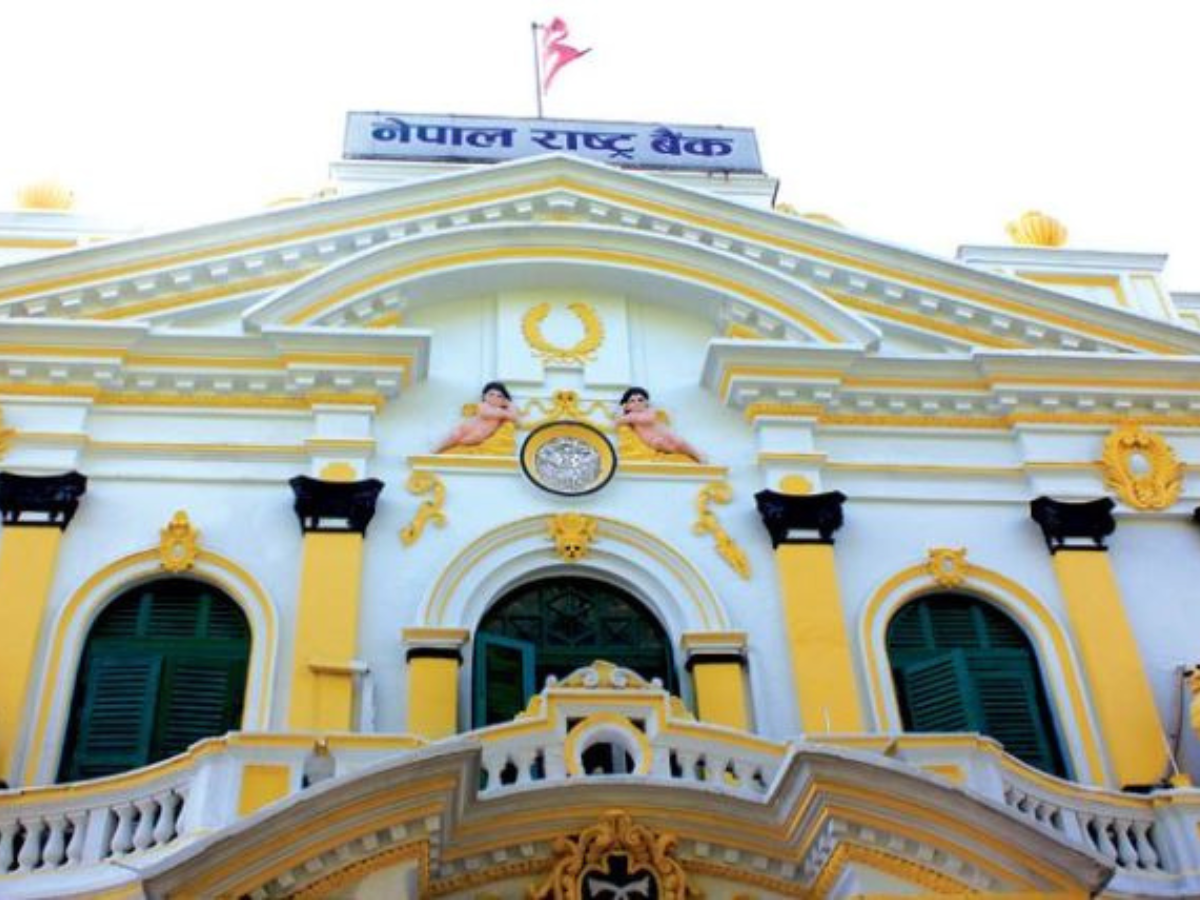Money & Finance

This week, Nepal Rastra Bank (NRB) did something it usually doesn't do.
It bought two treasury bills: first, worth Rs 5.1 billion (91 days); and, second, worth Rs 5 billion (182 days). It did so for renewal to control the interest rates.
Treasury bills are bonds issued when the government needs money for a short period of time. The central bank releases these zero-risk instruments with the interest rate determined by market forces.
Four types of treasury bills are generally issued in Nepal: 28 days, 91 days, 182 days and 364 days.
Auctions are held where financial institutions interested can bid on the specific treasury bill. They are issued at a discount price to the original value. Once the bill reaches maturity, the buyer is paid the original value of the bill.
For the 91-day treasury bill, 27 banks and financial institutions submitted bids of Rs. 10.3 billion with the discount rate fixed at 11.6946. This was over by Rs. 4.93 billion than the amount offered. Therefore, the central bank decided to purchase Rs. 4.9 billion by itself and gave Rs. 120 million to the banks for renewal.
On the other hand, in the 182-day treasury bill, 18 banks and financial institutions submitted Rs. 6.31 billion worth of bids, which was Rs. 1.31 billion over the amount offered. The discount rate was fixed at 10.9998. NRB purchased Rs. 4.9 billion with only Rs. 10 million renewed by the banks.
Reasons
NRB buying treasury bills is not a regular process, according to Khadga Singh Moktan, head of the treasury department at Nepal Bank.
“Banks had quoted an increased price. And if the government buys the treasury bills at these prices, the rates will go up,” Moktan told NepalMinute. “Therefore, Nepal Rastra Bank bought the treasury bills this time to control the interest rate.”
While Ashutosh Dixit, an economist based in Nepal, agrees that it was a way to pacify the interest rate, it was also a method to pump money into the market.
“It’s good because the money is flowing in from the government’s side given the liquidity crunch and the interest rate is shooting up,” he told NepalMinute.
However, it might not be enough.
“It might pacify the interest rate a bit but the volume of the treasury bill that NRB recently purchased itself is not going to be very sufficient,” added Dixit.
Impact
This step taken by NRB has also reduced the government's borrowing cost, according to Moktan. “But banks missed an opportunity to earn a hefty profit from it.”
However, while Dixit agrees that it did prevent banks from receiving short-term profit, it is not only about that. “The banks would not be bothered in such cases because in the long run what matters is stability and more liquidity in the market.”






